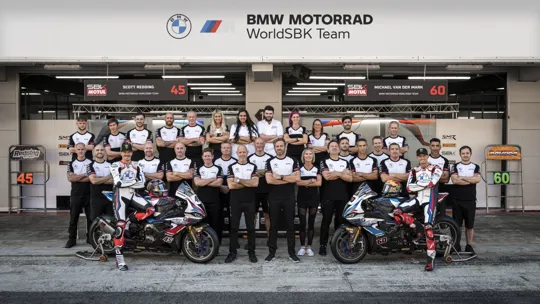Why choose this apprenticeship?
- BOOST YOUR SKILLS – Learn essential culinary skills studying in our state-of-the-art kitchens and restaurant facilities on campus before applying your training to industry
- PRACTICAL APPLICATION – Gain valuable experience working at high-end establishments, including Michelin-starred restaurants
- INDUSTRY APPROVED – Accredited by the Royal Academy of Culinary Arts, apprentices must undertake an Academy entrance examination
- ENRICHMENT – Apprentices will have the opportunity to undertake vital enrichment opportunities such as competing in culinary competitions.
- MOVE UP TO UNIVERSITY – After your apprenticeship, you can move onto university chef courses such as our BA (Hons) Culinary Arts Management degree or our Professional Chef FdA
Our facilities
University College Birmingham is renowned for its outstanding food industry training facilities. Apprentices will train one day a week during term-time in our industry standard kitchens covering classical and modern interpretations of dishes, techniques and presentation.
Key information
Entry requirements
You will need to have successfully completed a Level 2 NVQ Professional Cookery or equivalent and be able to provide a reference from your college, provider or employer.
English and maths at Grade 4 or above or equivalent.
Preferred:
- A basic understanding of the culinary industry.
- Practical hands-on kitchen experience
- GCSE Food and Nutrition
Teaching and assessment
Teaching, assessment and attendance
The course runs as a day release every Monday during term time. This is backed up with site visits from tutors and 12 weekly reviews of progress in the workplace.
Apprentices will undertake the Chef De Partie Standard L3 qualification. The course starts every September and runs for 22 months, inclusive of a short end point assessment window.
Apprentices will also undertake the RACA Graduate Exam.
Additional qualifications and training
Royal Academy Of Culinary Arts Graduate qualification and access to the RACA Alumni network.
Our teaching and assessment is underpinned by our Teaching, Learning and Assessment Strategy 2015-2020.
Fees
As an apprentice, you won’t need to pay tuition fees. Both your employer and the government will cover these costs for you. This extends to degree apprenticeships as well, allowing you to gain valuable work experience and academic qualifications without tuition expenses.
You may be eligible for the Learner Support Fund, which assists college students with course-related costs such as essential uniform, equipment and travel. For more information, please visit our Financial Support for College Students page.
Career opportunities
Note: Some roles below may require further study/training. The roles and salaries below are intended as a guide only.
Food technologist
Average Salary: £35,000
Chef
Average salary: £20,000 - £30,000
Nutritionist
Average Salary: £42,500
Want to take your studies to the next level? Completing this apprenticeship will enable you to progress onto our BA (Hons) Culinary Arts Management degree

Patrick's Story
Patrick White learned his craft on the Royal Academy of Culinary Arts Apprenticeship Scheme and honed his culinary skills further by working in a traditional Italian restaurant and Harborne Kitchen. Six years later, he applied for his dream job with the British Antarctic Survey. Read more about his apprenticeship journey.
Our students

Amrita Phull
When Amrita finished her A-levels, she planned to go into engineering. However, she changed direction and today, is working in a dream role as a chef for the GB McLaren Formula 1…
Read more
Maisy Wilby
Maisy has launched an incredible career since completing her RACA chef apprenticeship – including working with an incredible MasterChef: The Professionals champion.
Read more
Samuel Bull
For Samuel, securing the prestigious RACA Apprenticeship is the culmination of years of hard work.
Read more
Awards
University College Birmingham took home the top prize of Hospitality and Catering Provider of the Year at the nationally-recognised AAC Apprenticeship Awards.
University College Birmingham has almost 700 apprentices in a variety of different sectors and disciplines across the whole of the UK, and continues to champion the role apprenticeships can play in tackling the skills gap both in the region and beyond.







